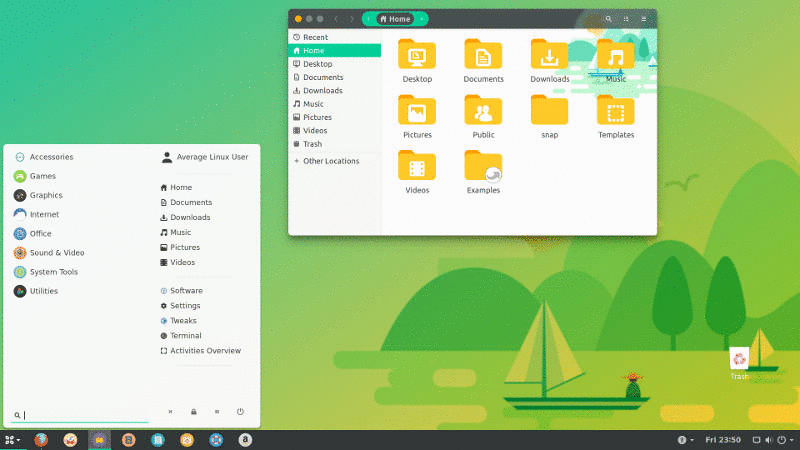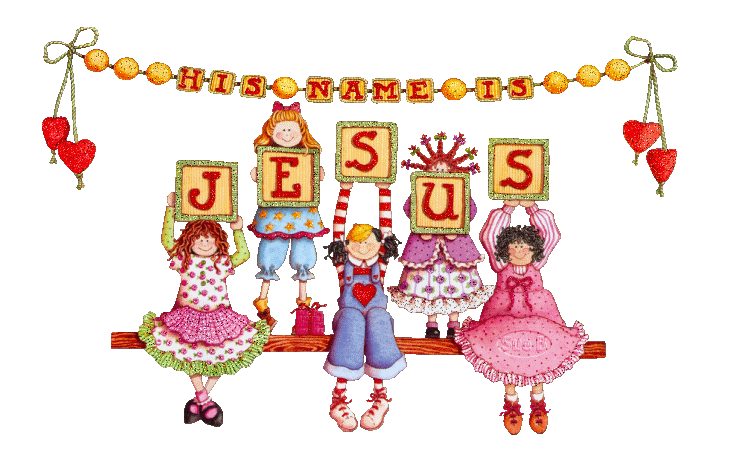How To Do You Say It? Getting Clear On The Versatile Verb "Do"
Have you ever stopped to think about a simple word like "do" and just how much heavy lifting it actually performs in our language? It's really quite something, you know. This little verb, so common and seemingly straightforward, is actually a powerhouse, helping us express all sorts of actions, questions, and even strong feelings every single day.
It's not just about doing tasks, either. We use "do" in so many different ways, and it helps us communicate clearly, whether we're talking about a big project or a small chore. Understanding its many roles can really make a difference in how well you get your message across, or so it seems.
From forming questions to adding emphasis, "do" is a word that, quite frankly, does a lot. We'll look at its origins, its grammatical jobs, and its various meanings, making sure you feel much more comfortable with this truly adaptable word, you know, for today's communication.
- Creme De La Creme
- John Tee Artist
- Descargar Video De Instagram
- How To Remove Gel Polish
- Ulta 21 Days Of Beauty
Table of Contents
- The Roots of "Do": A Little History
- "Do" as a Helper Verb: The Auxiliary Role
- "Do" as an Action Verb: What We Perform
- "Do" in Specific Contexts: From Medicine to Daily Life
- Frequently Asked Questions About "Do"
- Conclusion: The Power of "Do"
The Roots of "Do": A Little History
It's interesting, really, to think about where words come from, isn't it? The word "feasible," for instance, has a rather direct connection to "do." It actually comes from "faire," which is the French verb meaning "to do." So, you see, "doable" and "feasible" originally had pretty much the same exact meaning, which is quite a neat fact.
This little bit of history shows us how deep the idea of "doing" goes in language. It's not just an English thing; the concept of carrying out an action is, you know, a very fundamental part of how people communicate across different tongues. That's pretty cool, actually.
"Do" as a Helper Verb: The Auxiliary Role
"Do" is, you know, one of just three auxiliary verbs in English. These are like helper verbs that work with other main verbs to create different sentence structures. It's a pretty important job for such a small word, honestly.
- La La Land Cafe
- Carly Jane Leaks
- Lia Engel Leaks
- Is Rachel Maddow Still With Susan Mikula
- Whistle Express Car Wash
We use "do" for a few main things when it's acting as a helper. It's really good at making sentences negative, turning statements into questions, and even, sort of, putting extra oomph into what you're saying. That's a lot for one word to do, right?
Making Things Negative
One of the most common ways we use "do" is to make sentences negative. We just put "do" plus "not" before the main verb, and suddenly, you're saying what isn't happening. For example, you might say, "I do not like that," or, you know, "They do not understand."
This construction helps us deny actions or states of being quite simply. It's a fundamental part of expressing disagreement or a lack of something. It's really quite simple, yet so important, actually.
Asking Questions
Another big role for "do" is creating question forms. When you want to ask about an action, you often start with "do" or "does" (for third person singular). So, you might ask, "Do you like coffee?" or, you know, "Does she work here?"
This structure helps us seek information about actions or situations. It's how we invite someone to share details with us. It's a very direct way to get answers, you know, in conversation.
Adding Emphasis
Sometimes, you want to make a verb more emphatic, really stressing the action. That's another time "do" comes in handy. You can say, "I do believe you," even if someone doubts you, or, you know, "He does care about his work."
This use of "do" adds a layer of conviction to your statement. It shows that you're quite serious about what you're saying, or, you know, really want to highlight the truth of it. It's a pretty neat trick, actually, for adding impact.
"Do" as an Action Verb: What We Perform
Beyond its role as a helper, "do" also works as a main verb, meaning to perform, carry out, or execute an action. It's one of the most common verbs in English, honestly, used in a really wide range of contexts, from simple tasks to much more complex ones. It's quite the workhorse, if you think about it.
When you "do" something, you're taking some action or performing an activity or task. This is the very core meaning of the word, you know, the active part. It's about making things happen, basically.
Performing Tasks and Activities
Think about all the things you "do" in a day. You might "do" the dishes, "do" your homework, or "do" some exercise. These are all common actions we perform. It's a very general term, but it gets the point across effectively, you know, in daily talk.
For example, someone might say, "He does a great comedy act," which means he performs it well. Or, you know, you could be talking about work and say, "to do a hauling job," meaning to execute that specific piece of work. It's quite versatile, really.
Sometimes, "do" can even describe how you treat someone. You might say, "you did me a big favor just then," which means you performed a helpful action for that person. It shows, like, a direct impact, you know, from one person to another.
Replacing Other Verbs
"Do" is often used instead of a more specific verb, especially when talking about a common action involving a particular thing. This helps keep sentences from being too repetitive. So, you might say, "I'll do my hair," instead of "I'll style my hair."
This substitution is really handy in casual conversation. It lets you use a simpler word without losing the meaning, especially when the context makes the specific action clear. It's a very practical linguistic shortcut, actually.
Describing Behavior and Work
"Do" can also describe how someone behaves or conducts themselves. For instance, you might hear, "Do as I say and you won't get into trouble," which is, you know, about following instructions. Or, "Students who do well at school" are those who perform effectively in their studies.
It can also refer to working at something as a job, usually in questions. So, you might ask, "What do you do?" meaning "What is your profession?" This is a very common way to inquire about someone's employment, you know, in everyday conversation.
There are also idiomatic uses, like "I could do without your interference," meaning you would prefer not to have it. This shows how "do" goes beyond literal actions to express preferences or desires, too. It's a bit more nuanced, in a way.
"Do" in Specific Contexts: From Medicine to Daily Life
The word "do" pops up in all sorts of specialized fields, too, showing its incredible flexibility. It's not just for everyday chat; it has a place in more technical discussions, which is, you know, pretty cool.
Medical Meanings and Actions
In the medical world, for example, we talk about what different treatments "do." Healthcare professionals sometimes "do" a test after giving medicine to stimulate blood flow, for instance. This means they perform that specific medical procedure, you know, to check something out.
There's also a distinction between D.O.s and M.D.s. Some Doctors of Osteopathic Medicine, or D.O.s, use manual medicine as part of their treatment. This highlights what they "do" differently in their practice, you know, how they approach patient care.
When discussing conditions like chronic kidney disease, a doctor might recommend a special diet to help support your kidneys and limit the work they must "do." This is about reducing the burden on those organs, basically, what they have to perform. Learn more about health topics on our site.
What Things "Do" in Our Bodies and Beyond
We also talk about what various substances or conditions "do." Statin side effects, for instance, can be uncomfortable, but they are rarely dangerous. This describes the effects that statins "do" to the body, you know, the actions they take.
It's not always clear if food with plant sterols or stanols actually lowers your risk of heart attack, but experts assume that foods that lower cholesterol "do" cut the risk. Here, "do" is used for emphasis, confirming the expected action, you know, what they perform.
If you have diabetes, you might wonder, "Can I use artificial sweeteners?" The answer is often yes, and artificial sweeteners "do" replace sugar in food and drinks. This explains their function, what they perform, you know, in your diet.
Glucosamine sulfate, for example, is used to treat osteoarthritis. Learning about its different forms helps us understand how it "does" its job in the body. It's all about the action it performs, you know, to help with the condition.
Even things like swollen lymph nodes, which most often happen because of infection, are about what bacteria or viruses "do" to your body. Rarely, cancer "does" cause swollen lymph nodes, too. This is about the action of these agents, you know, on the body's systems.
And what about those detox foot pads? Makers claim the pads "do" draw out harmful substances. This describes the supposed action they perform, you know, the effect they have. It's all about what they're meant to accomplish.
Frequently Asked Questions About "Do"
People often have questions about this very common word. Here are some thoughts on what comes up a lot:
What is the main difference between "do" and "make"?
That's a good question, actually. While both words are about creating or performing, "do" usually refers to performing an action or task, like "do homework" or "do the dishes." "Make," on the other hand, often means to create or construct something, like "make a cake" or "make a decision." It's about the result of the creation, you know, rather than just the action itself.
Can "do" be used to talk about a job or profession?
Absolutely, it can. We very often use "do" to ask about someone's work. For example, "What do you do?" is a perfectly natural way to ask about someone's job. It's a quick and simple way to get that information, you know, in conversation.
Why is "do" sometimes used for emphasis?
Using "do" for emphasis, like in "I do believe you," adds a layer of certainty or conviction to what you're saying. It helps to really highlight the verb that follows, showing that the action or state is true, despite any doubts. It's a way to add a bit more power to your words, you know, when you really mean it.
Conclusion: The Power of "Do"
So, you see, the word "do" is far more than just a simple verb. It's a truly flexible tool in the English language, helping us with grammar, expressing actions, and even adding a bit of punch to our statements. From its ancient roots to its many modern uses, it really does a lot for us, you know, in our everyday talk.
Getting a good handle on all the ways "do" works can certainly make your communication clearer and more effective. It's a word that, basically, makes our language tick in many ways. You might want to explore more about English grammar to really polish your skills.
- Minecraft Cherry Blossom House
- Meaning Of Am Pm In Time
- Who Do You Think You Are I Am
- Cuantas Calorias Tiene Una Manzana
- Moose For Step Up

30 Things to Do After Installing Debian 10 | Average Linux User

Educar é Saber Amar : Parabola do semeador

June To Do List for USNA Applicants | USNA or Bust!